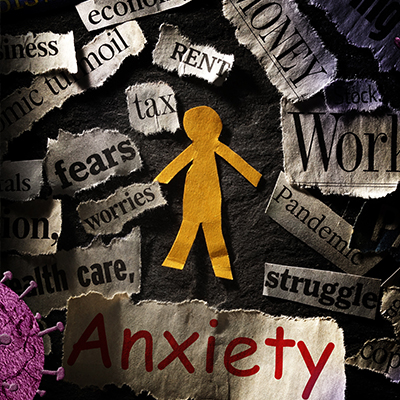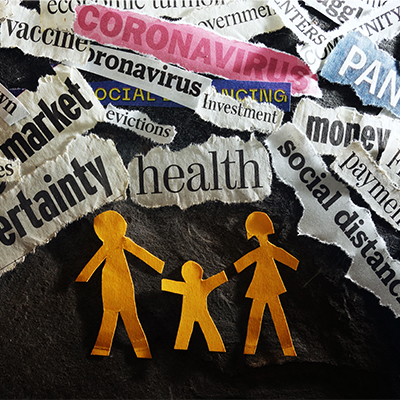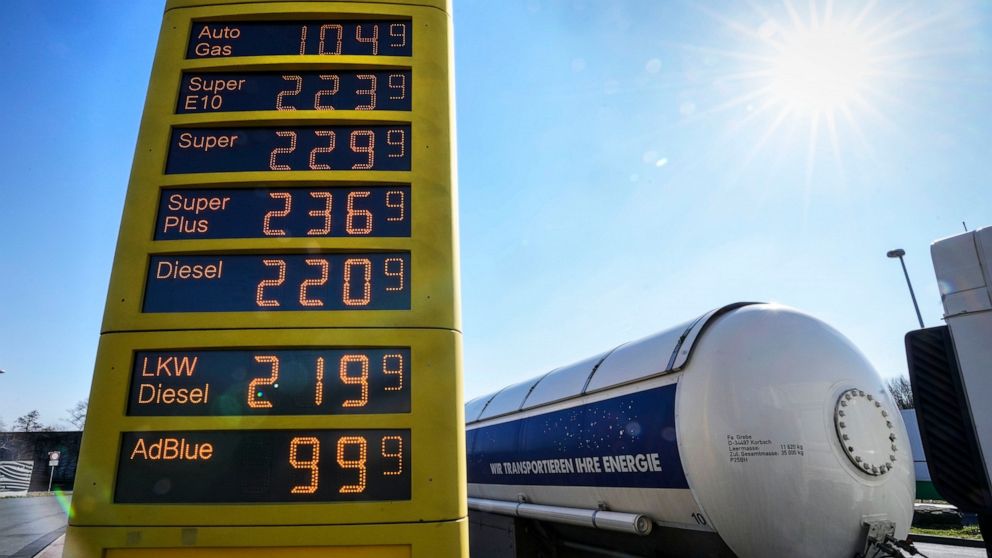Table of Contents
All around the world a number of economies, including Australia’s, are beginning to arise from lockdown. Whilst the coronavirus has not disappeared, governments and individuals are progressively conscious of what they need to do to regulate ongoing dangers and retain our economies afloat.
So, what has COVID-19 taught us about today’s financial state? In this article, Professor Andrew Beer, Executive Dean, UniSA Company shares 10 things that COVID-19 has taught us about the Australian economy.
In Australia, and globally, we arrived to realise that significant products and infrastructure – from chemical substances utilised to check for COVID-19 by to respirators to support hospitalised patients – arrived from a little variety of sources a prolonged way away. The consequence was significant delays, as vendors had been unable to resource materials that had by no means previously been unavailable, main to a national dialogue around the need to have to create sovereign capability in production and other successful things to do. In Australia, a scarcity of grocery store stock designed headlines throughout Australia. Empty cabinets of bathroom paper quickly prolonged to shortages of hand sanitisers, soaps, and pantry items this sort of as flour and pasta. This led to retailers restricting buys for every transaction, the closest we’ve occur to rationing because Entire world War II. Absolutely, hoarding does not make feeling, but in uncertainty, irrational conduct prevails. As shortly as the link concerning vacation and COVID-19 was set up, governments close to the entire world introduced travel to a halt, imposing curfews and efficiently inserting their economies into ‘deep freeze’. Much more than 5 months due to the fact the first circumstance was described in Wuhan, intercontinental journey is continue to limited, with several point out and territory border shutdowns also in influence inside of Australia. Far more broadly, we shut the greater part of our firms: cafes, motels and dining places, as properly as gyms, locations of worship and, in places, educational facilities. Lots of other organization owners realised there was little value in continuing to trade in an atmosphere devoid of clients, with their voluntary closures adding to the unemployment queues and the sense of important alter. Just about without having pause, organizations close to the entire world reworked to on the net activity enabled by online video-conferencing and on the internet processing. On the web conferences, distant gross sales, and electronic outreach solutions quickly pivoted experience-to-face solutions to on line operations. Now, as organizations consider how they may possibly return to some semblance of ordinary, we should really expect a lot of of these online adjustments to stay. As cafés, dining establishments, spas and fitness centers shut, unemployment queues soared, showing just how dependent Australia is on customer assistance driven industries. While April data disclosed unemployment at 6.2 for each cent, the range of persons with a occupation collapsed by nearly 600,000 – the most important drop in record. As Australia begins to equipment up for the foreseeable future, these are the sectors governments are searching for to kick-begin. Govt steps to assure all achievable well being means were available to deal with COVID-19 had the perverse final result of putting wellbeing employees out of operate as dentists and slight surgical procedures had been shut down. The hasty shift to stop all ‘non-urgent’ surgeries observed 1000’s of Australians needing operations these as hip surgical procedures or knee replacements still left in limbo – and so way too the medical professionals, nurses and medical expert in just people fields – illustrating the wide scope of the health sector. Elective surgical procedures created their return on 14 Could in South Australia. Quite a few enterprises, owning found out they can get the job done nearly, should be inquiring by themselves why pay out rent? Primarily, when several vital employees have identified they significantly choose to work from property. With added benefits ranging from a lack of lengthy commutes in rush hour, to tested productiveness ensuing from versatile do the job, the pandemic has demonstrated the validity and effectiveness of virtual places of work. Whether it is the training sector, producing, tourism or mining, international demand from customers is pivotal to achievements and no enterprise can escape the affect of shocks to important investing partners. Critically, how each and every country and each business respond has important movement-on results for some others. In Australia, few site visitors or learners have arrived from China, but ongoing demand from Chinese steel mills has sustained our exports of iron ore. And, in the case of iron ore, the profound influence of COVID-19 on Brazil has saved selling prices and Australian export volumes robust. Globally, and in Australia in particular, compliance with governing administration lockdown provisions was high, enabling the reopening of some economies far more quickly and with greater basic safety. Adherence to social distancing, journey restrictions and quarantines have seen South Australia grow to be successfully COVID-19-totally free. This accomplishment has added to the State’s lustre as a secure desired destination and brought ahead things to do this kind of as major sporting activities gatherings in entrance of a (smaller) group, the opening of bars, and the continuation of education. Now, green shoots are appearing in just the financial landscape, but the obstacle for us now, will be to nurture their expansion. Governments evidently have a role to engage in, but so also do personal companies and people. For proprietors of small companies and the professionals of more substantial enterprises, this time of changeover presents an option to rethink their companies. This is not a time to retreat to solely local markets and local demand from customers. Instead, the brightest horizons are open for those who keep on to interact locally but arrive at out to the world stage.
1. Provide chains are more time and more fragile than we believed

2. In a crisis, people today still worry invest in, even when there is no scarcity
3. We can close down our economies remarkably swiftly
4. Information and facts know-how seriously is as very good as the hoopla
5. Made economies are pretty dependent on high-touch industries to generate employment

6. The health and fitness overall economy is extra than just emergencies
7. The foreseeable future of house marketplaces is uncertain, especially business house
8. In the 21st century, every single economic climate is dependent on many others
9. Most persons however have confidence in their governments in a time of crisis
10. Eventually, rebuilding economies takes lengthier than shutting them down, but financial and labour marketplace reform has built us much extra versatile than we utilized to be

